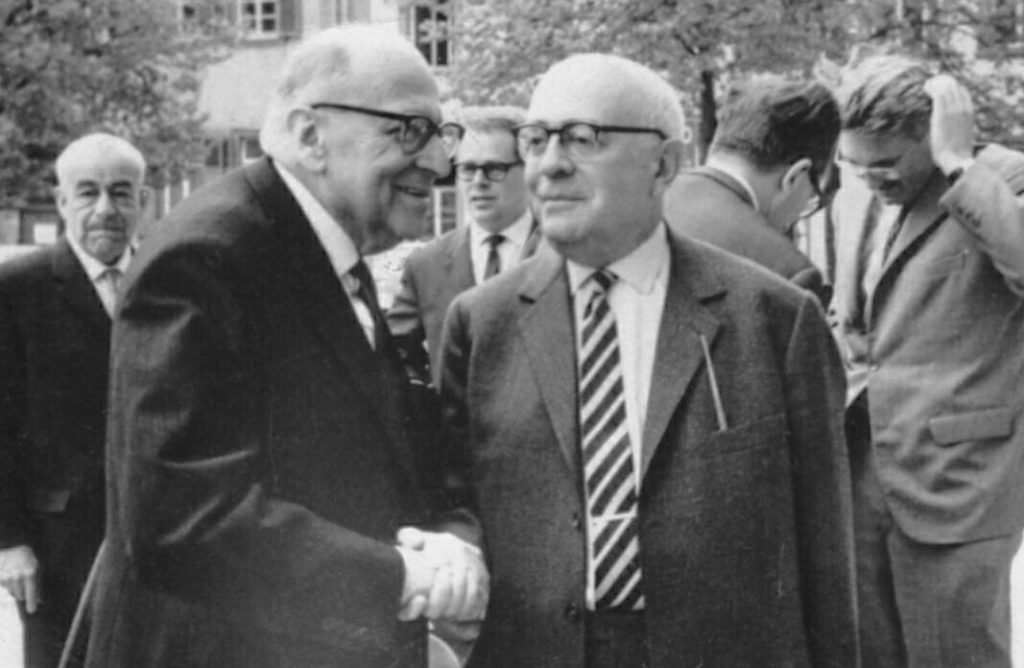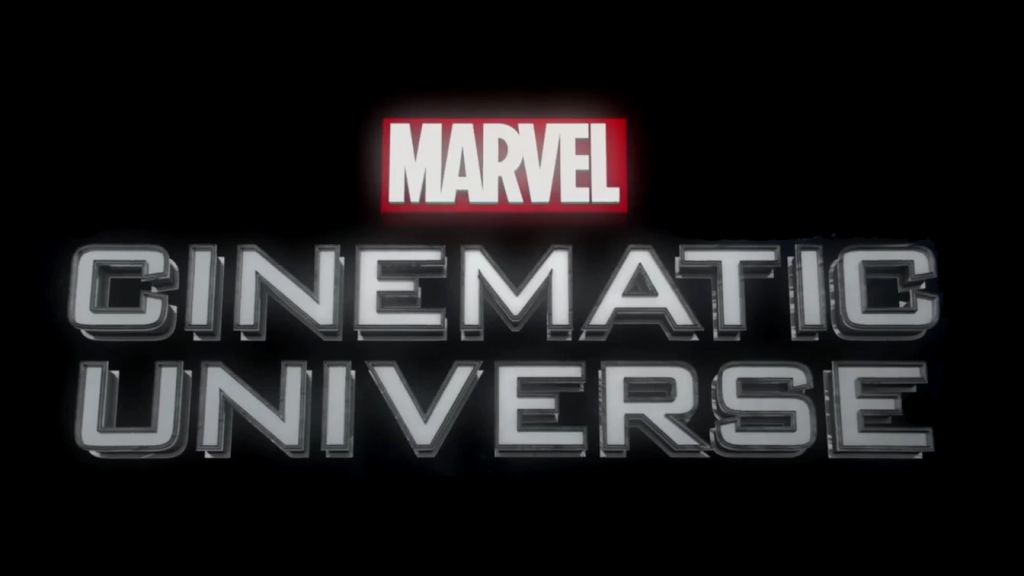In this blog post, I will be covering the topic around the Cultural Industry Theory. I will be analysing the culture within the wider entertainment industry, and breaking down it’s impact on society today.
When it comes to the Cultural Industry Theory, two names come to the forefront, Max Horkheimer and Theodor Adorno. These two theorist argued that the Cultural Industry Theory was “the mass production of cultural products that are designed to give the illusion of art, but which are actually presenting an ideology that, over time, lends itself to totalitarianism”. Despite their theories being presented many years ago, I would argue that their stance on the cultural industry has become more prevalent as the years have rolled by. In modern society we see many examples of mass production, whether it is media, possession or even communication.

I’d like to focus on the mass production we see in the media industry, more specifically, the film and TV sector. I feel as though, when talking about mass production in the film and TV sector, you do not have to look any further than the MCU. When the MCU first appeared on the big screen, worldwide, in 2008, with the blockbuster Iron Man film, it could only be described as revolutionary. A carefully orchestrated story where each character was carefully poised for a greater conflict and ending. Audiences were gripped by the unique storytelling, and how the sub-plots from different films intertwined with one another to create an overriding plot. At the time, this was the first time we had seen something like this in cinema history. During the early days of the Marvel films, it felt as if the people at the helm of the MCU had a genuine passion to create great stories around characters such as Iron Man, Captain America and Thor. Each of their individual films, despite not being perfect, were enjoyable and felt as if the film was leading to something bigger. Their individual films was a chance for us the audience to get to know these characters, and it felt as if the priority of the MCU was to create a special connection between the fanbase and these characters through great story telling and character development.

However, just as Horkheimer and Adorno theorised, the MCU developed a strong capitalistic attitude. For some time, the MCU were able to create the illusion that the quality of the art they were producing was the same. The MCU were releasing films and TV shows at a rapid rate, and for some time, people were actually buying into this illusion, believing that quality of the MCU films and TV shows were still the same. Unfortunately for Disney and the MCU, people began to wake up to the lack of quality being shown on the big screen and on streaming platforms. It seems as if the passion that the creative directors once had, to create intriguing stories and complex characters, had now vanished. Now we see a mass production of mediocrity, films with no substance, bland characters and repeated story lines. The priority of the MCU now is to make profit from the audience they amassed when they actually cared about the work they were putting out.
The MCU is just the most popular example of the Cultural Industry Theory being shown in real time, however, everywhere you look in Hollywood, you’ll find examples of lazy projects being mass produced, and being advertised as quality art. Thankfully it seems as though people are aware of these efforts by the film industry and choose not to spend their hard earned money to watch these films or TV shows.

References:
Max Horkheimer and Theodor Adorno picture: LINK
MCU Logo: LINK
Hollywood Logo: LINK
‘Culture Industries’ Quote 1: Max Horkheimer, Theodor W.Adorno,(2006).‘The Culture Industry: Enlightenment as Mass Deception’ in Media and Cultural Studies: Keyworks


There are indeed more and more low-quality movies out there. They seem to just want to make money without thinking about making truly good movies.